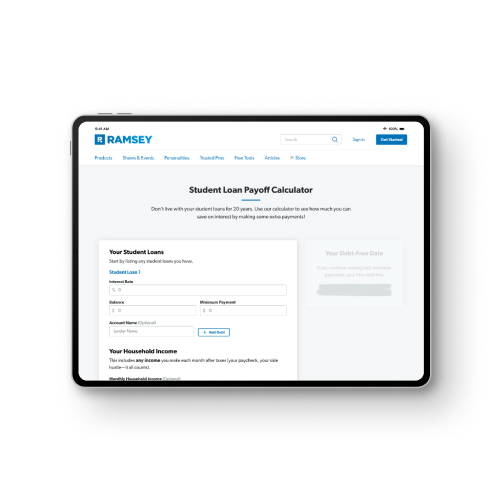
But if you've taken out a 15-year loan and made your mortgage costs much higher, you can't just pay less if you run into financial trouble. If you choose a 30-year mortgage loan and you have the money to pay the loan off early, you can always do so if you want. You're tying up your money and accepting a very low return on your investment.Įven worse - committing to higher monthly payments also increases your risk of being foreclosed on if something happens. That comes with the same opportunity cost mentioned above. That's because your payments don't change, even as the real value of the money you are paying them with falls.Īnd as far as taking a 15-year mortgage, you'd have to commit to making much higher monthly payments to do that. And since inflation is high right now, your mortgage payments get less expensive. Why tie up hundreds of thousands of dollars in a home loan when you could get a far better return on investment elsewhere? You can't easily get access to the money you've tied up in your house when you need it. There is no reason to pay cash for a house when you can borrow for such a low interest rate since you could easily earn more than double that rate over time by investing in a safe S&P 500 index fund. You can probably get a mortgage for somewhere around 3.00% interest if you're a well-qualified borrower.

Mortgage rates are extremely low right now. There are a few problems with this advice.įirst, there's a huge opportunity cost to doing this. Ramsey suggests avoiding 30-year mortgages and instead opting to either pay cash for a house or take out a 15-year mortgage loan. While Ramsey is right about the importance of assessing how much you can comfortably borrow, he has another bit of mortgage advice that I believe is definitely wrong - and even potentially dangerous for some borrowers. And to help you decide, check out our guide to see " How much house can I afford?" Worst: Avoid 30-year mortgages While Dave recommends keeping housing costs to no more than 25% of income, it's up to you to decide what really makes sense for you given your financial goals. As Dave's website, Ramsey Solutions, points out, "Too much of your income will be going out in payments, and that will put strain on the rest of your budget."Īs Dave cautions, the last thing you want to do is end up house poor - so you should make your own independent assessment of what amount you are comfortable borrowing and limit your loan to that amount rather than to what the bank will permit. The problem is, you may not want - or be able to afford - to borrow as much as the bank allows you to. Some lenders allow people to go even higher, taking on total debt payments valued at up to 50% of their monthly take-home pay. This includes:īorrowers are also allowed to have total debt payments, including their mortgage and other loans, that adds up to 36% of their monthly income.


That means borrowers are allowed to spend up to 28% of their monthly income on housing costs. More: Our picks for best FHA mortgage lenders


 0 kommentar(er)
0 kommentar(er)
